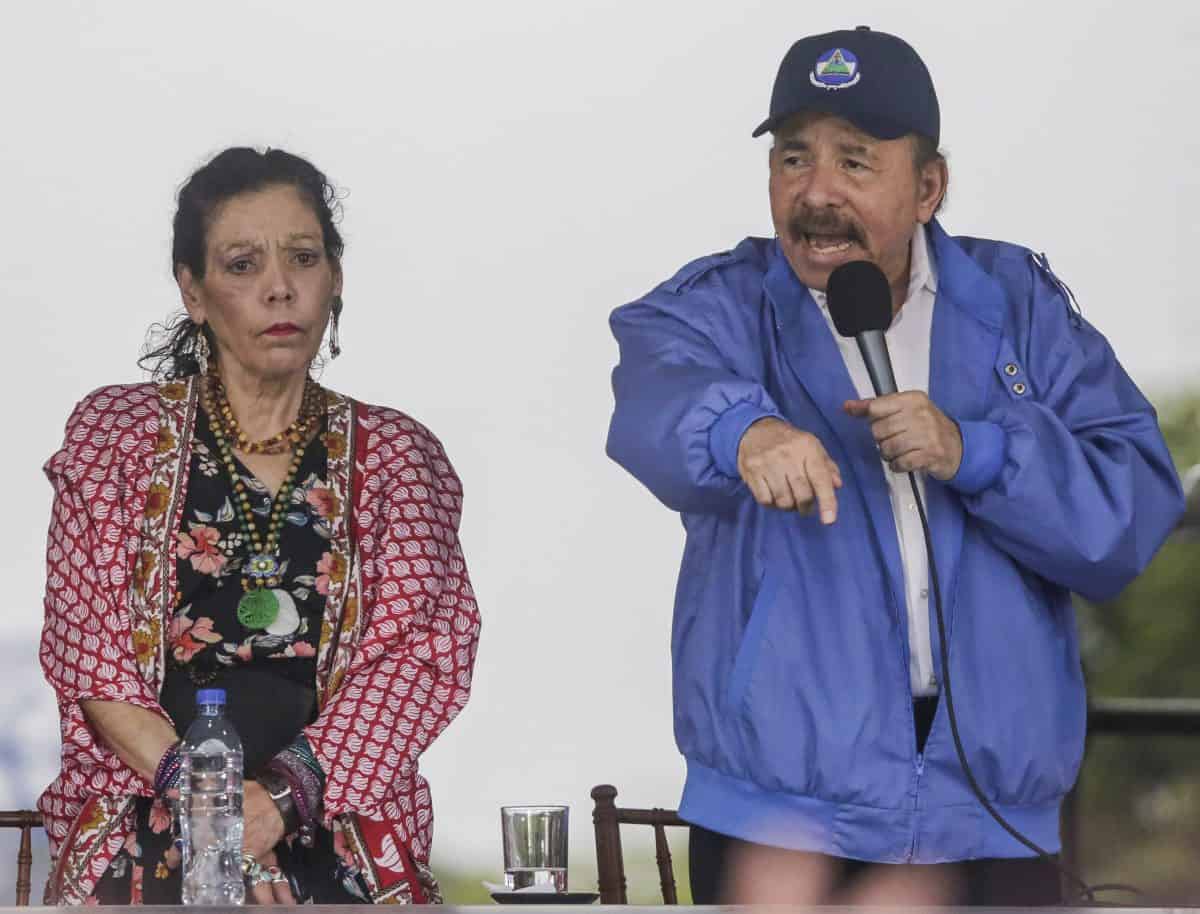The Nicaraguan government described statements by Costa Rican president Carlos Alvarado about Nicaragua’s “internal affairs” as “disrespectful” and “intrusive.”
The government did not mention what Alvarado said and expressed its irritation over a statement issued by the Costa Rican Foreign Ministry. The Nicaraguan government said the the content of the statement was “pretentious and insolent”, and merely “a smokescreen” to distract from Costa Rica’s own situation of internal crisis after a month of protests.
The generally strained relations between the two countries worsened after the arrest of a Costa Rican citizen of Nicaraguan origin on Sunday. The arrest took place during a raid that resulted in the arrest of 30 people during a demonstration in Managua.
Alvarado expressed “his deep concern” on Twitter about the 30 people who were detained, including the Costa Rican of Nicaraguan origin, Allan Cardero Ocón.
The Foreign Ministry of Costa Rica commented on the issue in similar terms and demanded the release of Cordero.
The Costa Rican consulate reported that Cordero was released on Monday afternoon.
“It was a very distressing time for him, for his family and for us at the consulate,” said consul Oscar Camacho.
The Nicaraguan authorities did not refer to the Cordero case or his release in the statement.
Nicaragua police arrest 20, use stun grenades to end protest
Managua assured Costa Rica that it would protect “respectful” relations without interfering, after saying that it is not its government’s practice to make “comments or pontificate” on other nations’ problems.
The Nicaraguan statement said that the government is “not fond of” verbal confrontations or “media exhibitionism” that are used as smokescreens to hide the depth and seriousness of social or economic problems.
Furthermore, the statement said that Nicaragua has not “interfered [in Costa Rica’s] difficulties or crises” such as the protests against a proposed tax reform bill that started on Sept. 10 in Costa Rica.
The current political crisis of Nicaragua, which started six months ago, has caused more than 320 deaths, left 2,000 injured and more than 500 arrested. Thousands of Nicaraguans have sought refuge in Costa Rica to protect their safety.

